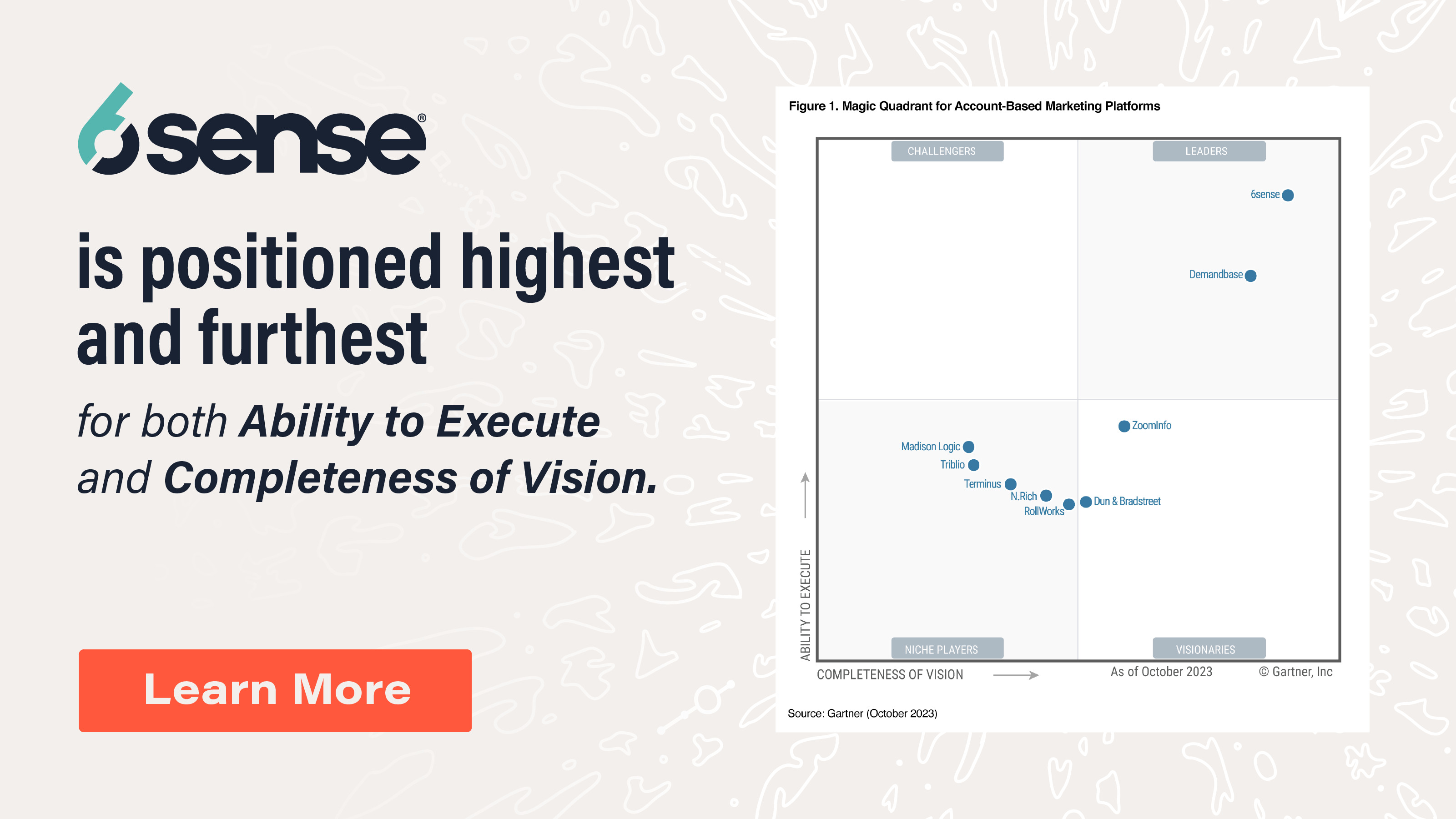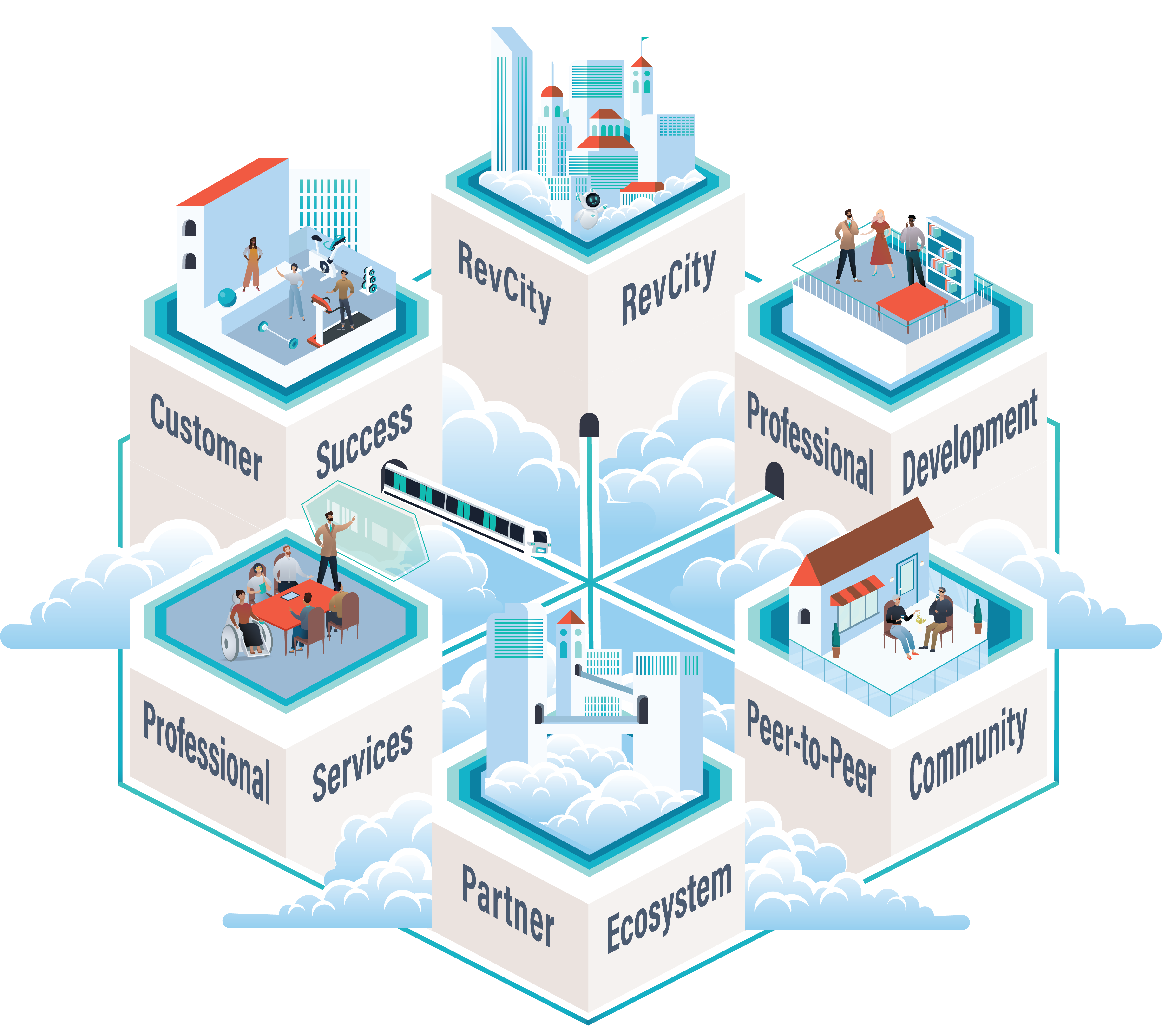Marketing methodologies have changed dramatically in the last 10 years. Where it once made sense to design long-term marketing plans and review them periodically, new marketplace demands and technology require B2B marketers to be ready to pivot in an instant.
Many B2B teams are moving towards agile marketing to address this state of constant change. But what exactly is agile marketing and what are its benefits? Read on to find out.
Agile Marketing, Explained
The concept of “agile” comes from software development. As its name suggests, it was conceived as a way for teams to work faster and more productively. Rather than aiming for one big rollout, teams:
- Break the project into small, manageable chunks
- Continually evaluate progress
- Swiftly handle issues and adjustments
Agile has helpful components worth considering, such as daily stand-up meetings and progress trackers. But one technique you should adopt is the sprint.
Sprint is the amount of time given for project completion. It should be enough time to achieve a level of progress, but not so long that teams can stray off task. Two weeks is a standard sprint length.
It’s better to repeat a sprint — or set the same goals for the same length of time — rather than have one longer sprint. The shorter the sprint, the more precise your actions must be.
Agile marketing applies that same methodology to its own arena. Rather than viewing the fiscal year or quarter as a single entity, it examines it in manageable chunks or “sprints.” This allows teams to make data-driven decisions quickly and flexibly.
For example, an agile marketer may realize that a particular sales territory or market segment is underperforming year-over-year. To compensate, they dedicate a sprint to creating more pipeline for that sales territory or market segment.
How To Do Agile Marketing
There are many variations of “agile,” but they all boil down to this:
- Set clear, short-term goals
- Work toward those goals
- Examine the results
When combined with a forward-looking pipeline plan, agile marketing removes the spreadsheet guesswork that can lead to ugly surprises in future quarters.
Sprints can be dedicated to specific go-to-market segments, or drill down even further within a segment to target desirable stakeholders.
The beauty of agile is that marketers don’t have to commit to a single strategy and hope for the best. Instead, they can examine data on current pipeline, sales, or campaigns, and use that information to create a sprint and test their strategy.
For instance, you might want to dedicate a sprint to a nurture campaign directed at a particular buyer persona. A sprint also might be created to reflect sales cycles, to ensure the marketing team is making smart choices about when to launch a campaign.
The length of the sprint and its goals are flexible. What matters is that both the objectives and the endpoint are clearly defined so that the marketing team can objectively evaluate the results of the sprint.
Why Do Agile Marketing?
Agile is a must for the revenue-focused marketer because it uses revenue goals as the starting point, rather than the endpoint. Marketers examine their company’s yearly goals and work backward to determine what pipeline they have, and what they’ll need to reach those goals. They can then work toward achieving those goals over successive sprints.
More importantly, they should understand the context of the current pipeline status. Overall pipeline may be up, but if deal size or conversion rates are down, achieving future bookings targets may become challenging.
Pipeline for segments with a longer sales cycle needs to be balanced with pipeline that will convert faster.
Remember, agile is not a magic wand. Adopting it will not immediately solve all your marketing challenges, or make bad marketers into great marketers. What it will do, however, is give your team the flexibility to quickly identify pain points and solve them.



